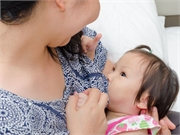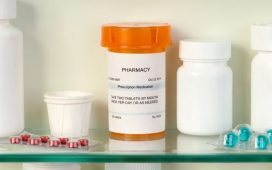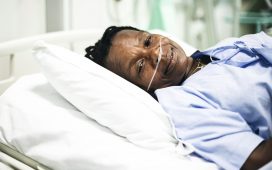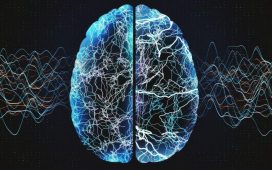Median percentage of infant-to-mother AED concentration ranged from 0.3 to 44.2 percent
TUESDAY, Dec. 31, 2019 (HealthDay News) — Among infants breastfed by mothers who are receiving drug therapy for epilepsy, antiepileptic drug (AED) concentrations in infant blood samples are substantially lower than those in maternal blood samples, according to a study published online Dec. 30 in JAMA Neurology.
Angela K. Birnbaum, Ph.D., from the University of Minnesota in Minneapolis, and colleagues conducted a prospective cohort study with follow-up in children until 6 years of age at 20 sites. A total of 351 pregnant women with epilepsy aged 14 to 45 years were enrolled and followed through pregnancy and nine postpartum months; their 345 infants were enrolled at birth.
The researchers found that 64.3 percent of the infants were breastfed. A total of 164 matching infant-mother concentration pairs were included from 138 infants. Overall, in nursing infants, about 49 percent of all AED concentrations were less than the lower limit of quantification. For all seven AEDs and one metabolite, the median percentage of infant-to-mother concentration ranged from 0.3 percent to 44.2 percent. Maternal concentration was a significant factor associated with lamotrigine, but not levetiracetam, concentration in infants.
“Overall results indicate that AED exposure in infants, compared with their mothers who were taking AED therapy, is low,” the authors write. “Our findings may explain why prior studies have found no adverse neurodevelopment effects of breastfeeding while the mother is taking an AED.”
Several authors disclosed financial ties to the pharmaceutical industry.
Abstract/Full Text (subscription or payment may be required)
Copyright © 2019 HealthDay. All rights reserved.








